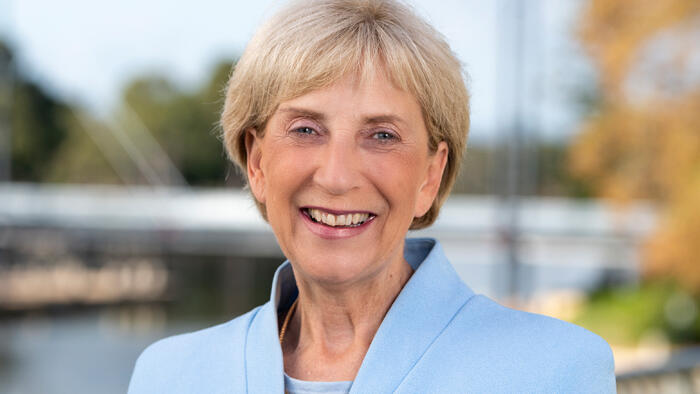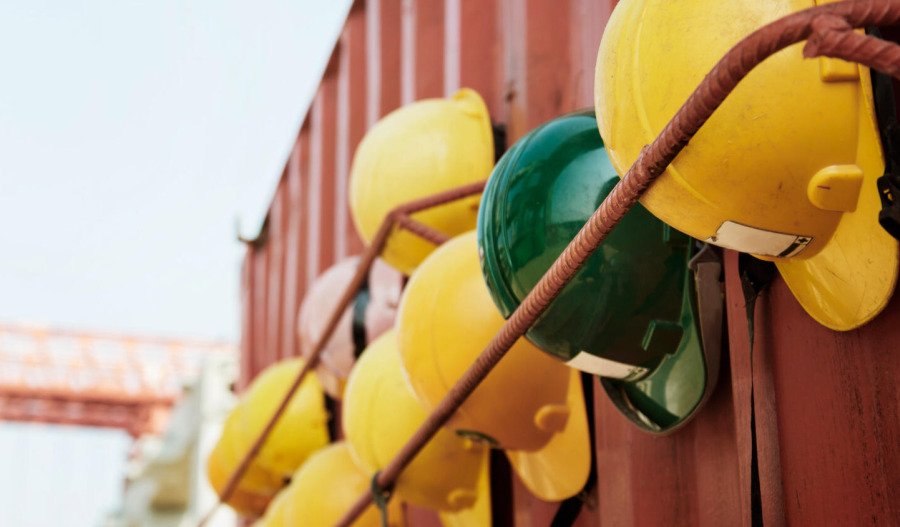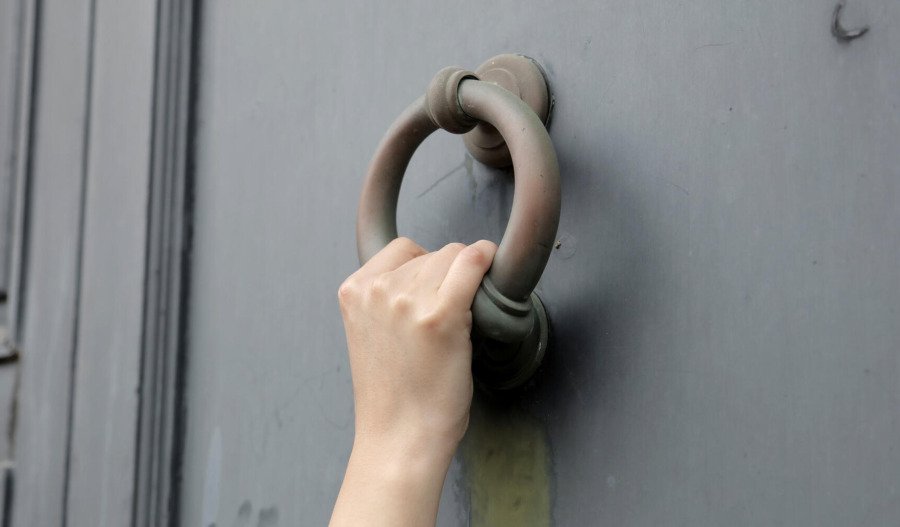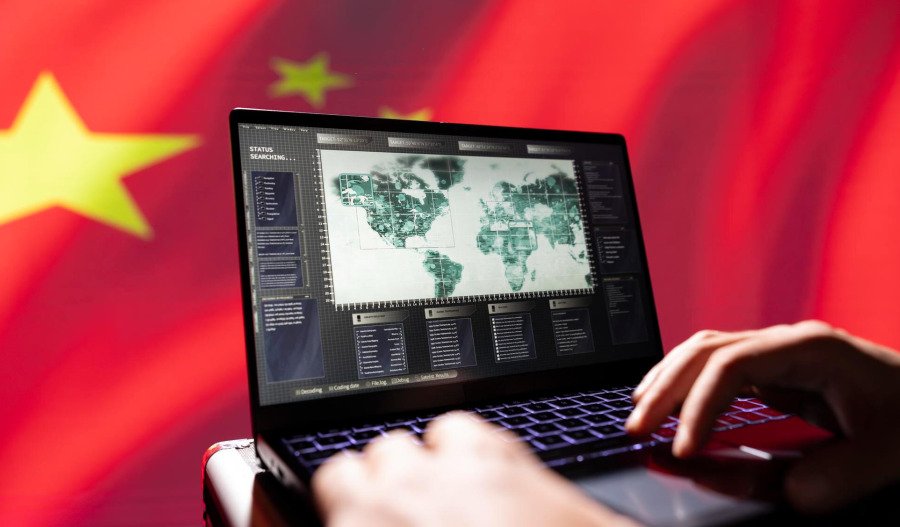Lynas Rare Earths (LYS) has pointed the finger at the Federal Government for attempting to establish itself as a rival that will undermine its ability to sell products to non-Chinese customers.
As the world’s only significant producer of separated rare earth materials outside of China, a lot is riding on Lynas’ ability to loosen China’s stranglehold on supply.
However, Lynas CEO Amanda Lacaze fears that the company’s enviable position as a key alternative supplier to China could be diluted if the Albanese government proceeds with plans to create its own critical minerals stockpile.
Lacaze is concerned that by propping up economically unviable projects, the government will intentionally or otherwise broadside her own company’s operation and price points.
This outcome could eventuate if the Labor Party, assuming it is re-elected, proposes to buy rare earth products at uneconomic prices.
Diluted competitive advantage
Rather than underwriting sustained success, Lacaze accuses the government of planning to undermine its hard fought competitive advantage with economically unviable projects.
“At what price will they be selling? Will they undercut us?” Lacaze rhetorically posed to investors.
“Am I going to meet a representative from the critical minerals office in our customers’ foyers? At what price will they be selling? Will they undercut us?"
It’s equally bewildering to Lacaze why Lynas, as Australia’s only producer of rare earths, has not been briefed by the government on its stockpile policy.
Stockpiling policy
Announced last week, Labor’s policy consists of investing $1.2 billion in national offtake agreements and selective stockpiling.
What this will do is secure a strategic supply of the critical minerals that are most important to Australia’s national security and that of its key partners.
It’s understood that this strategy will focus on supplies of the rare earth elements that are vital for advanced technology, including electric vehicles, weaponry, robots, wind turbines and semiconductor chips powering AI.
Unlike Lynas, two rival Australian rare earths players have come out in support of Labor’s stockpile policy after receiving cheap government loans.
These include Iluka Resources (ASX: ILU), which has a refinery under construction in Western Australia, and Arafura Resources (ASX: ARU) in the Northern Territory.
Arafura Resources CEO Darryl Cuzzubbo has publicly lauded the government’s proposed stockpiling initiative for cleverly challenging China’s pricing monopoly.
“The number one reason you haven’t had rare earths projects outside China is because you haven’t had fair market pricing,” he said.
China's dominance
Having spent decades establishing its dominance of the rare earths market, China effectively controls the global supply of 17 rare earth elements.
In response to global initiatives – including Labor’s stockpiling initiatives - to lessen the critical minerals' reliance on China, Beijing has engaged in the sporadic restrictions of some rare earths exports.
Earlier this month China suspended shipments of magnets from Chinese ports to the U.S. subject to the start of a new licensing regime.
Bargaining chip
Labor’s recently unveiled critical minerals package is seen as a bargaining chip with which to entice the Trump administration to make tariff exemptions for other Australian exports.
However, the policy has been on the table for some time as a slow burner that could attract Asian and European customers to enter into contracts for Australia’s rare earths.
It’s the proposed price points that would potentially generate greater investment in a viable domestic industry.
Lynas’ Lacaze concedes that non-Chinese customers would recognise the need to pay a risk premium for alternative critical minerals supplies.
However, she suspects they’ll only do so if they are efficient and competitive.
Refocus on the basics
Lacaze urges governments to refocus on real industry challenges, namely the high cost of energy and lack of productivity.
“It’s important that these businesses have a long-term competitive advantage and pathway to be self-sustaining to avoid creating a class of businesses that rely on government subsidies,” Lacaze said.
“I can’t see that this is going to do anything other than prop up projects which would otherwise not be economic.”
Destabilise the market
Lacaze is also concerned that the government will need to eventually sell its stockpile at prices and levels that could further destabilise the market.
Over a decade ago China tried to undermine Lynas’ growth by flooding the market with products to drive down prices.
The company was rescued after receiving long-term capital from Japan, which was hell-bent on diversifying after China temporarily severed its supplies in 2010 in a territorial dispute.
As well as building a new plant in Kalgoorlie for preliminary processing from its Western Australian mine, Lynas has a plant in Malaysia that is the largest producer of separated “light” rare earths like neodymium and praseodymium (NdPr) outside of China.
Once a new production line to separate the less plentiful - but vital - “heavy” rare earths like dysprosium and terbium starts in Malaysia this year, Lynas will be the only commercial non-Chinese producer of these products.



